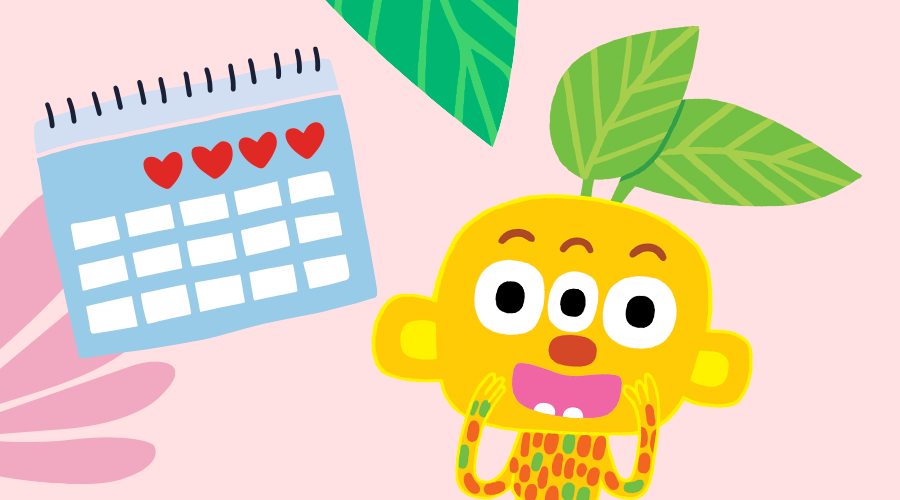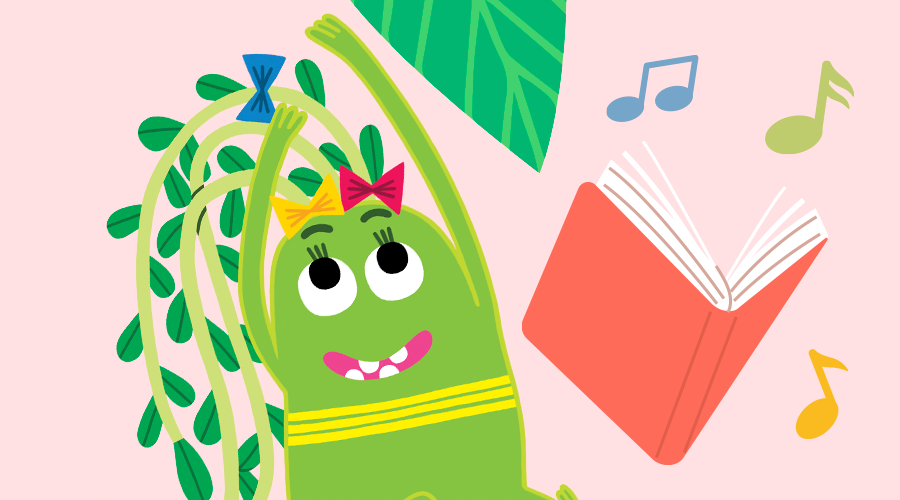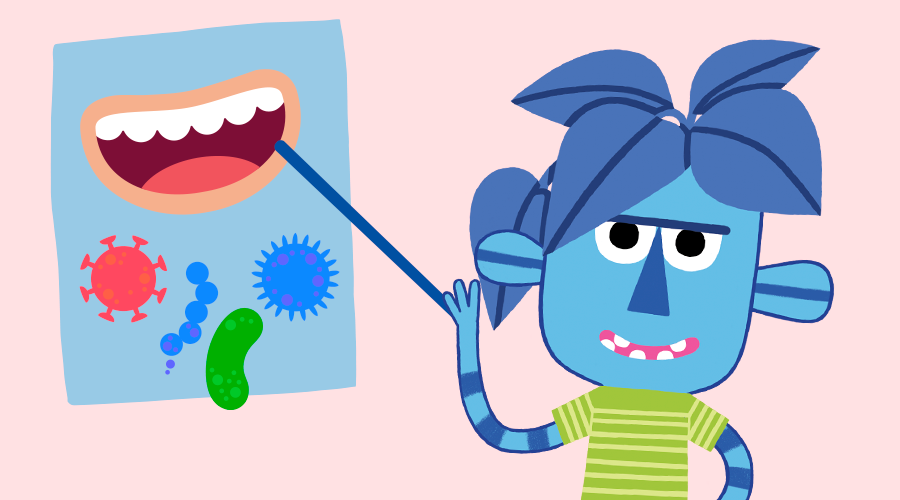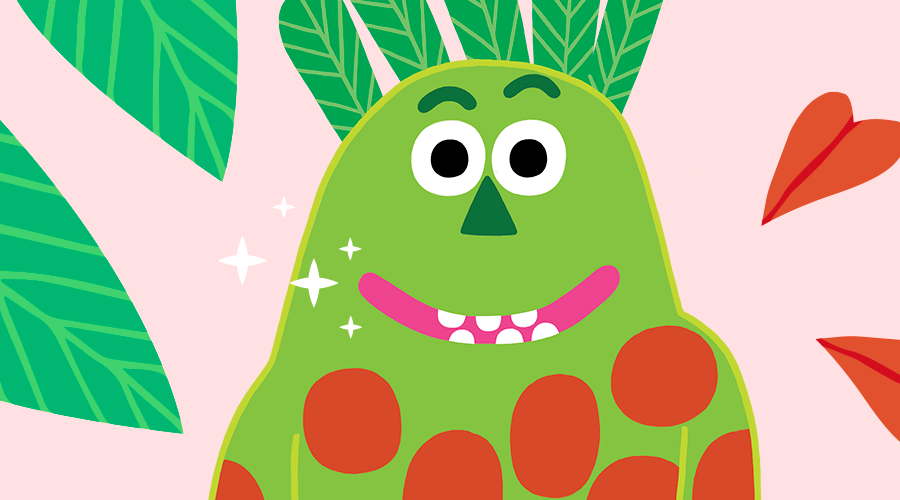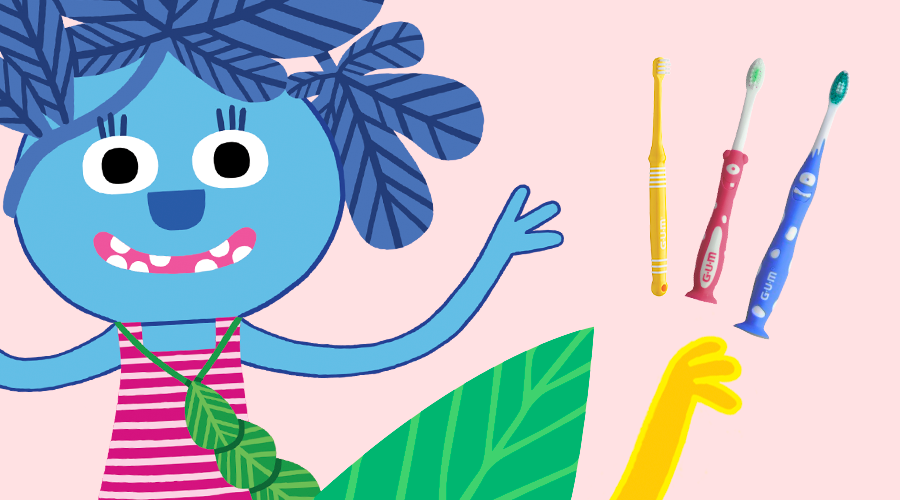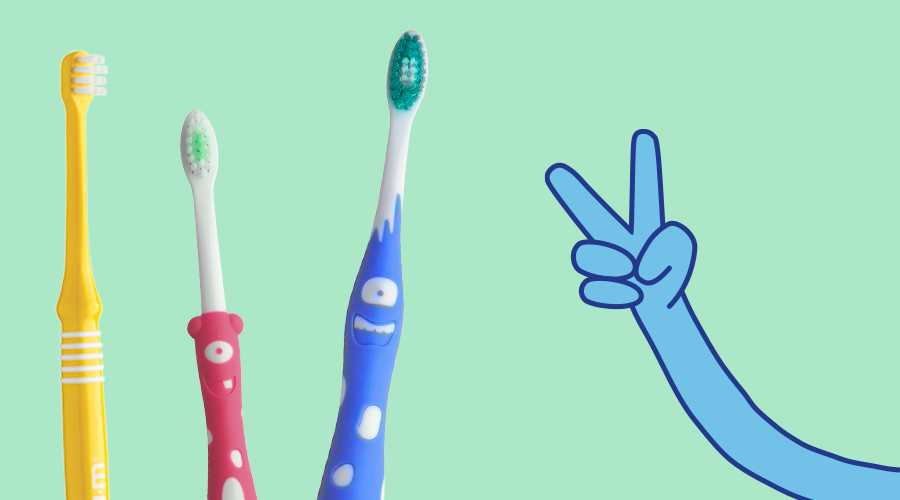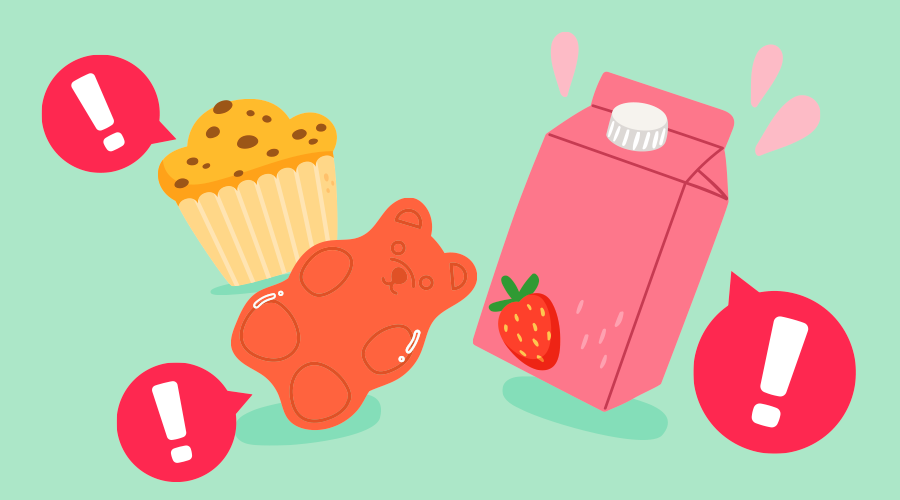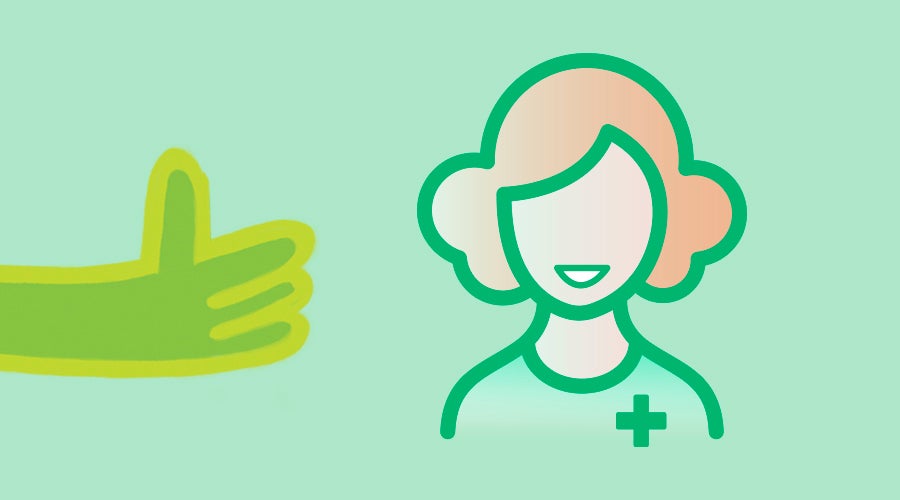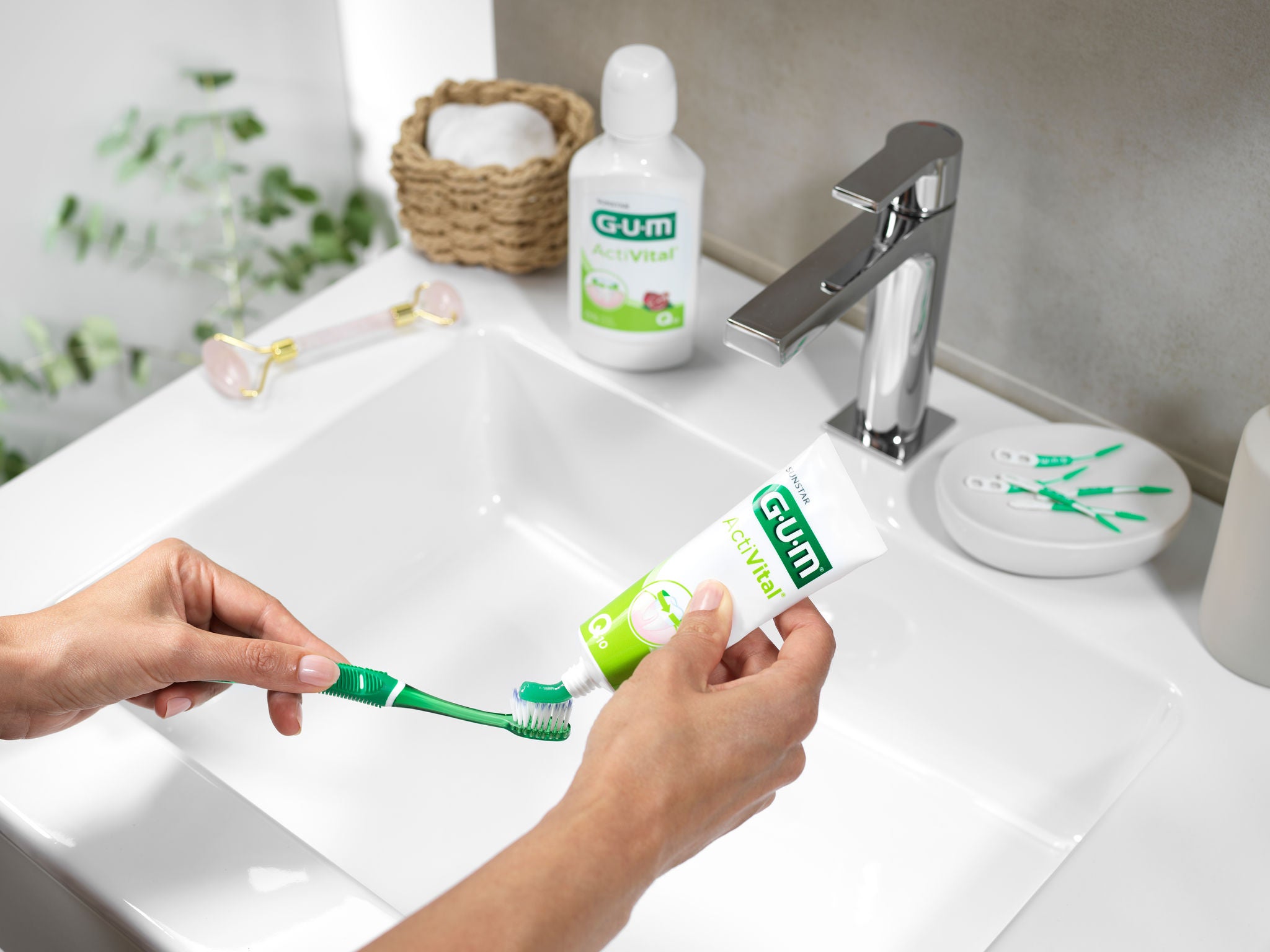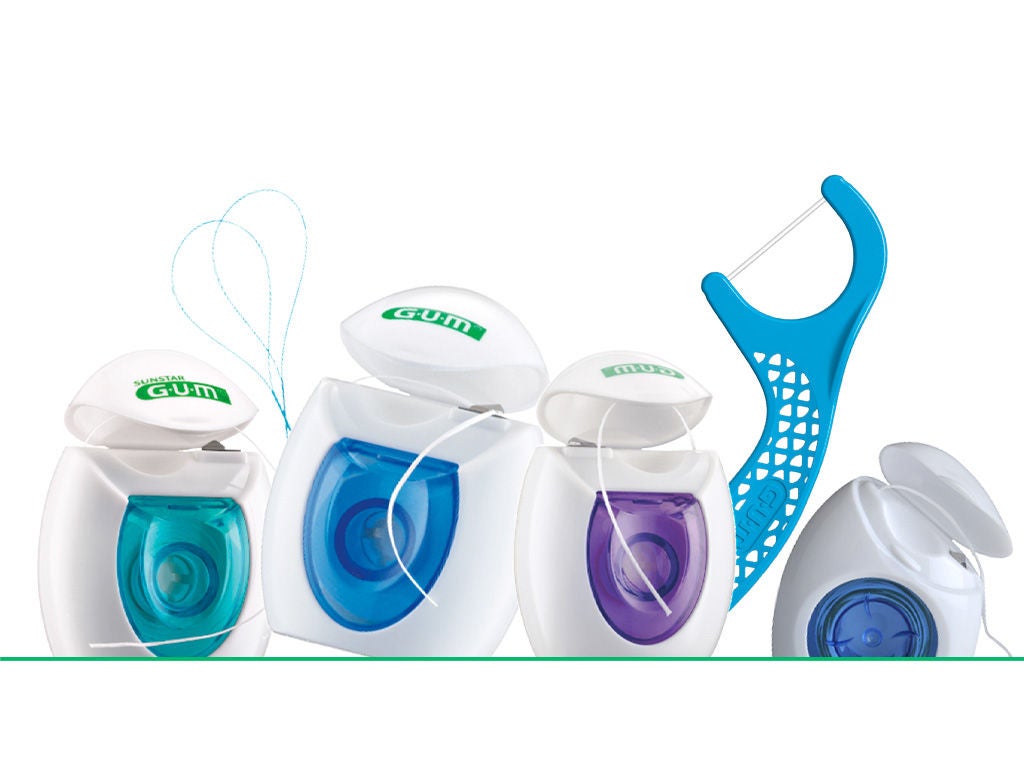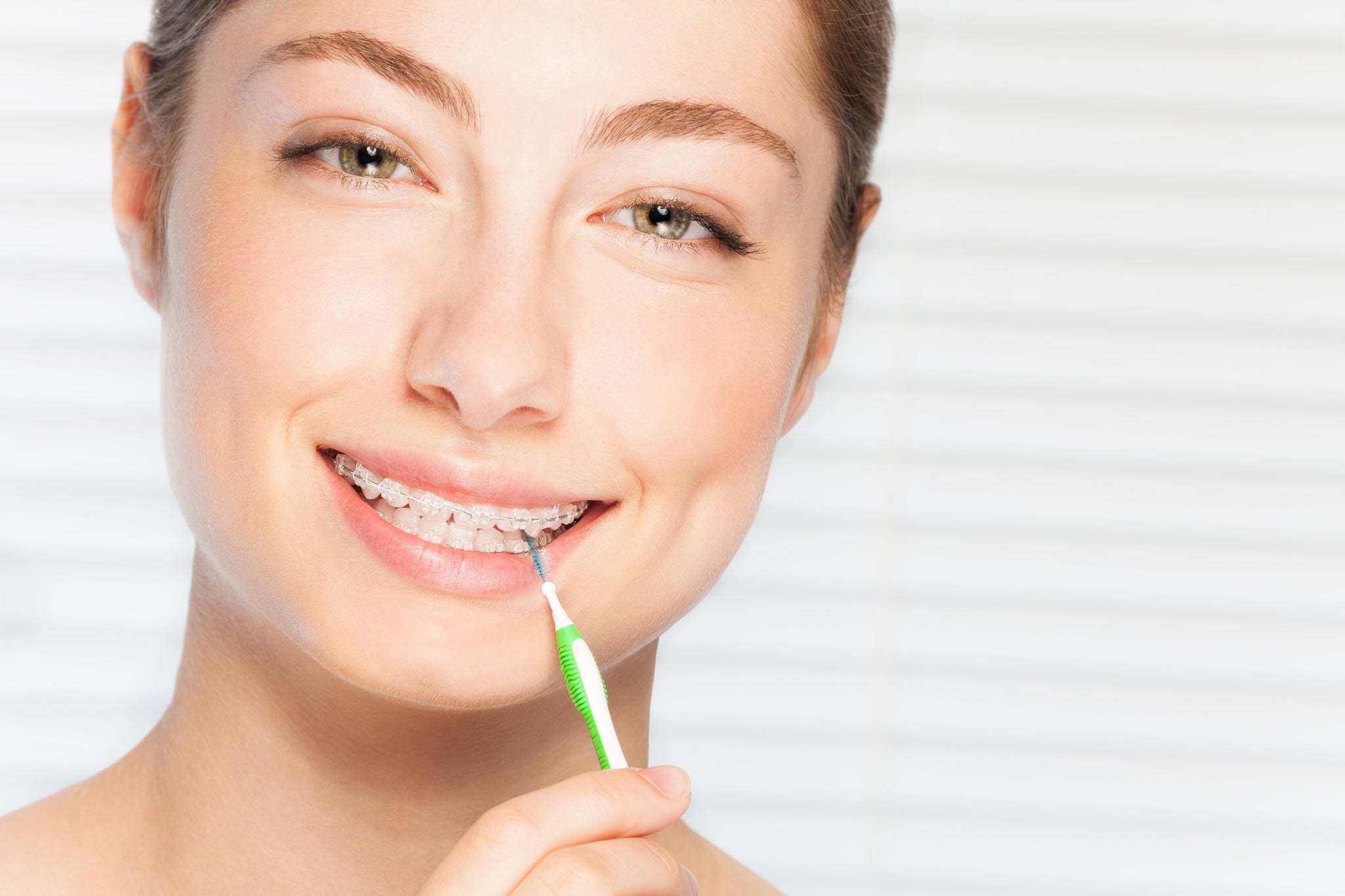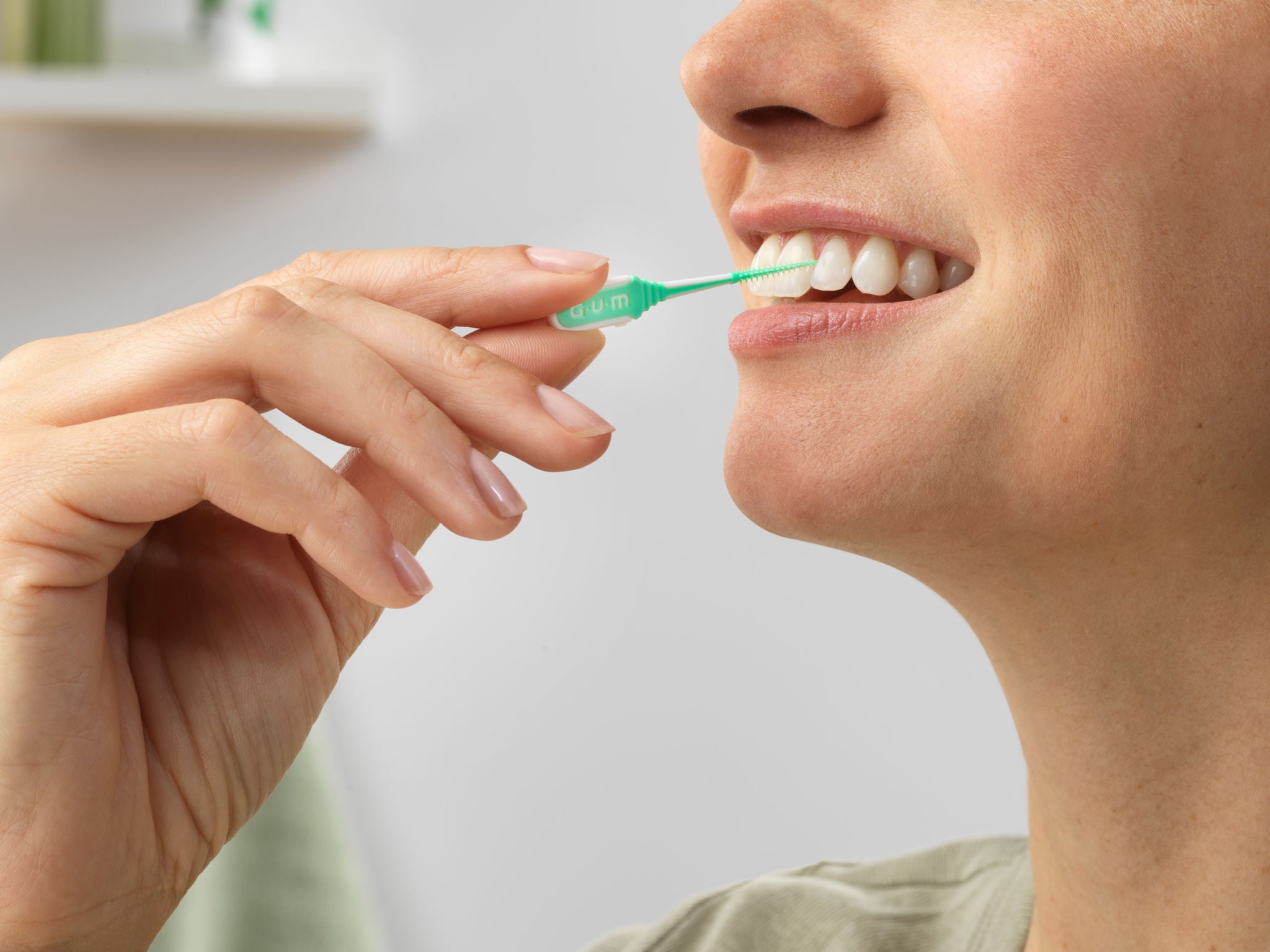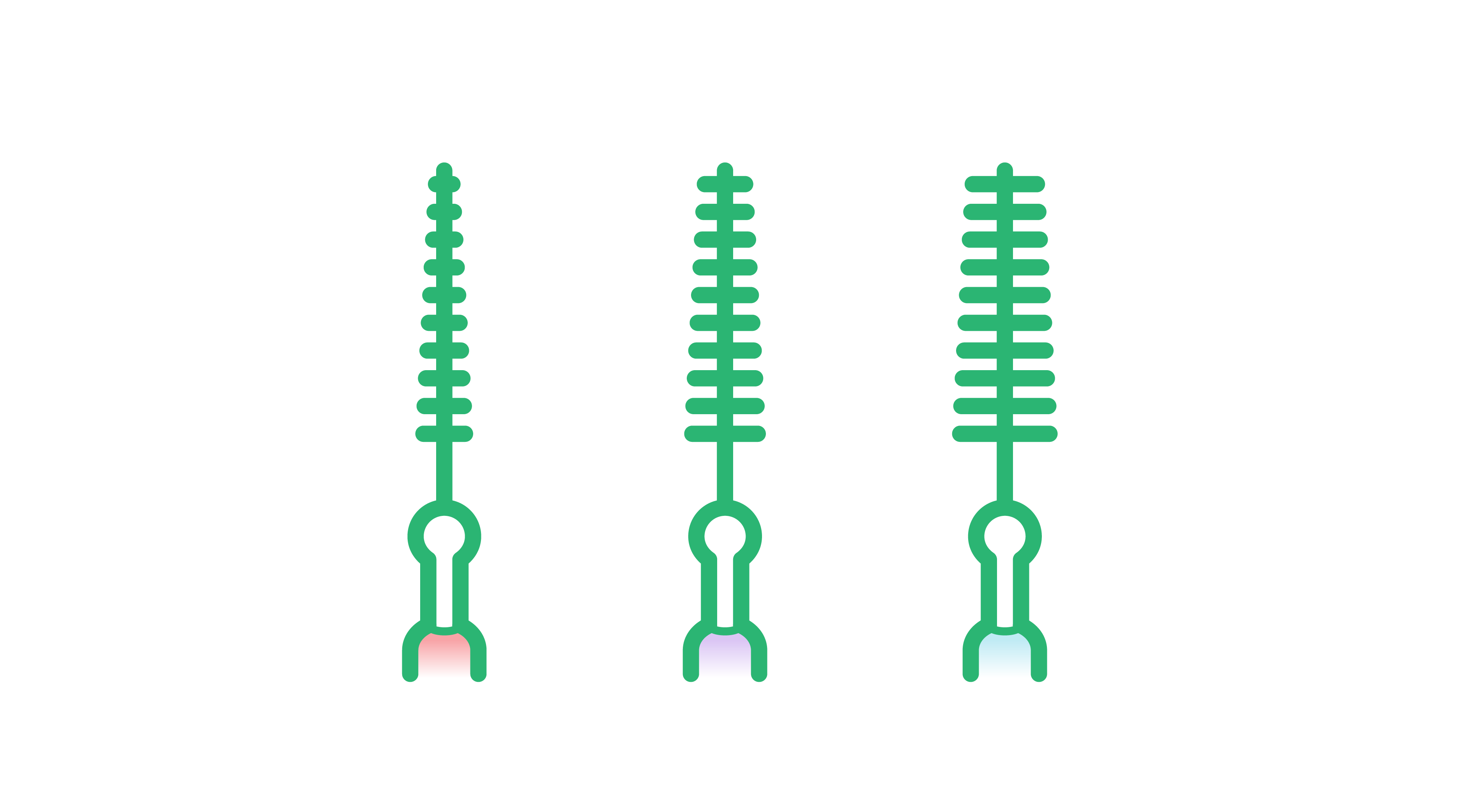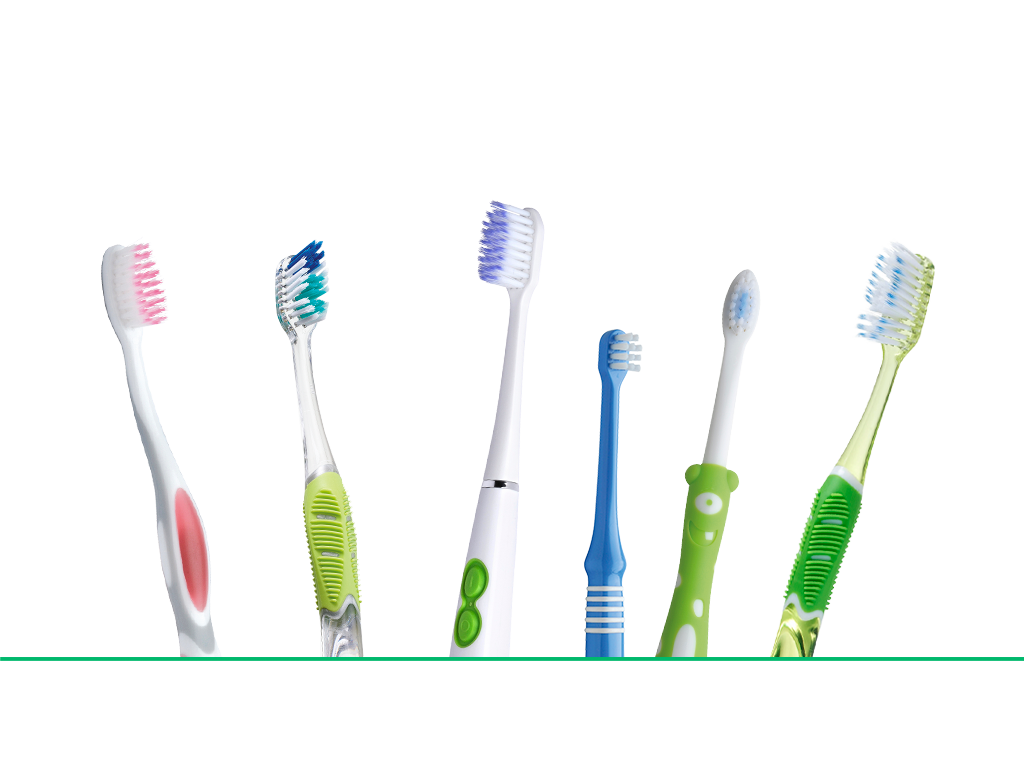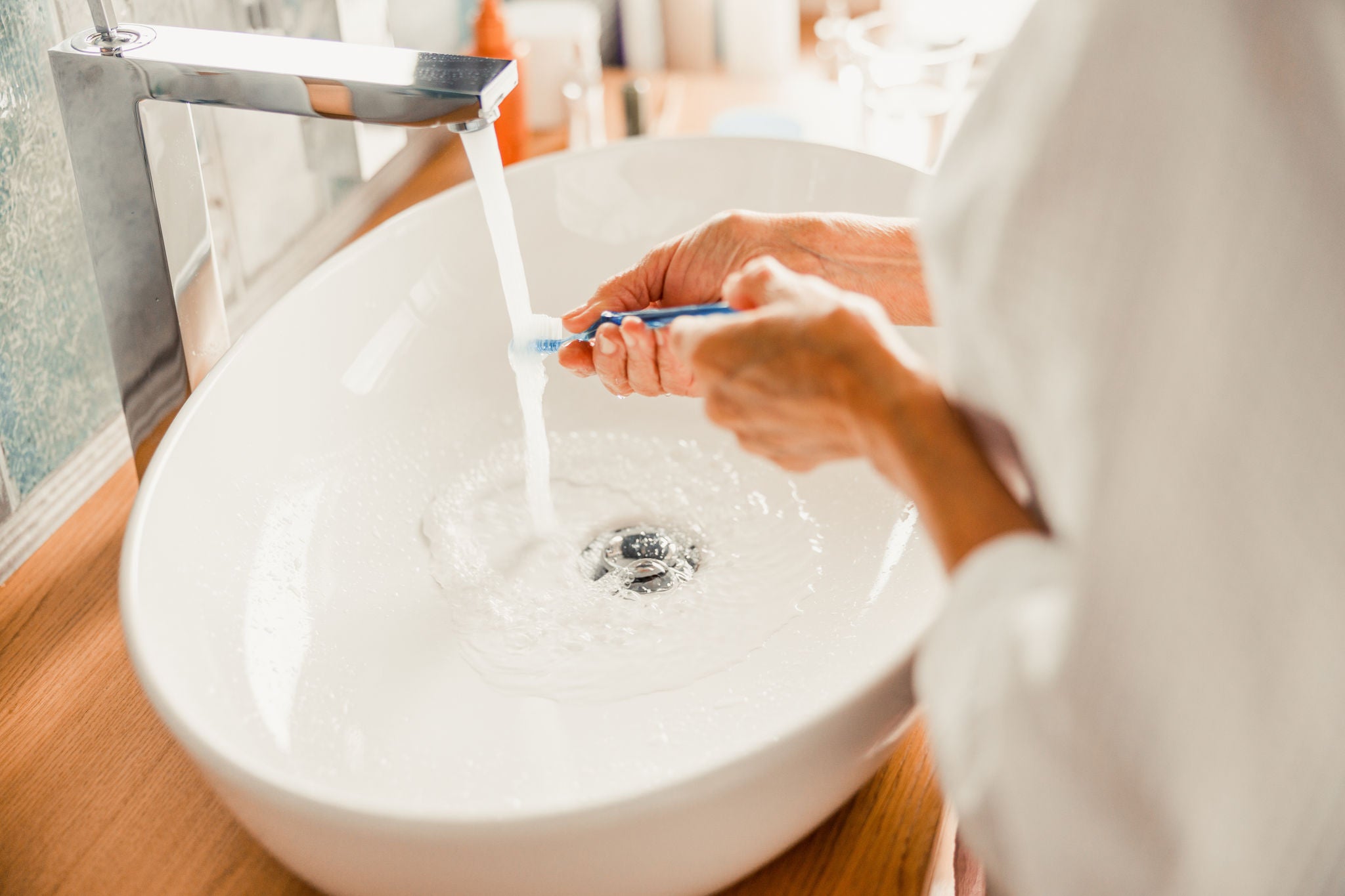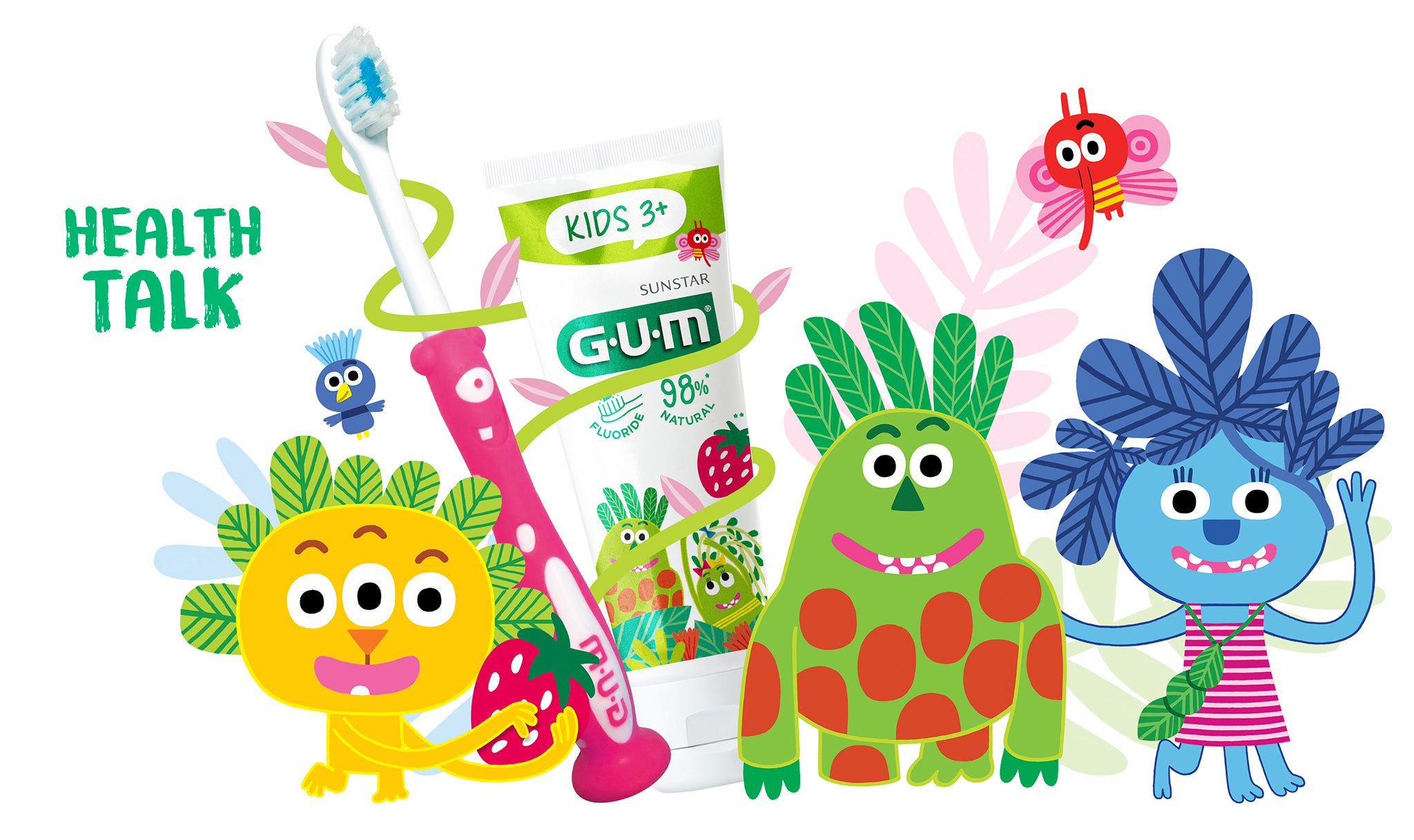
How Can I Get My Child To Adopt Good Brushing Habits?
The foundations of a healthy mouth in adulthood are laid in the early years of life. Teaching children about good oral care habits and getting them started early, is one of the most important things you can do.

Here are a few tips to help your child brush properly and consistently:
*Please consult with your dentist to ensure appropriate use of this product.
When should I START BRUSHING my child’s teeth?
It’s important to start brushing milk teeth as soon as they appear. Regardless of age, your child's teeth need brushing twice a day in the morning and before bed. During the night, due to inactivity and low salivary flow, bacteria are undisturbed and able to grow freely. Babies, toddlers and juniors should use an age-appropriate brush and toothpaste.
How can I PREVENT CAVITIES?
Cavities occur when food (especially sugar) and bacteria are not brushed away after eating or drinking, allowing bacteria to form plaque and accumulate. Bacteria break down sugar and convert it into energy and acid which softens enamel until a hole (cavity) forms. The enamel on children's teeth is softer and thinner than on adult teeth, making children's teeth more susceptible to cavities.
Cavities are preventable. Here are a are a few tips to keep them away:
When should my child START GOING TO THE DENTIST?
Experts recommend you start taking your child to the dentist when the first milk teeth appear, by your child’s first birthday. The dentist can give your child a full exam and provide useful advice.
Planning the first appointment before a potential cavity appears will make the first visit more relaxed and set the tone for a lifelong habit. Let your little one know what to expect be calm, positive and reassuring and try to schedule an appointment at a time your child is likely to be well-rested and cooperative.
For BABIES, KIDS & JUNIORS

